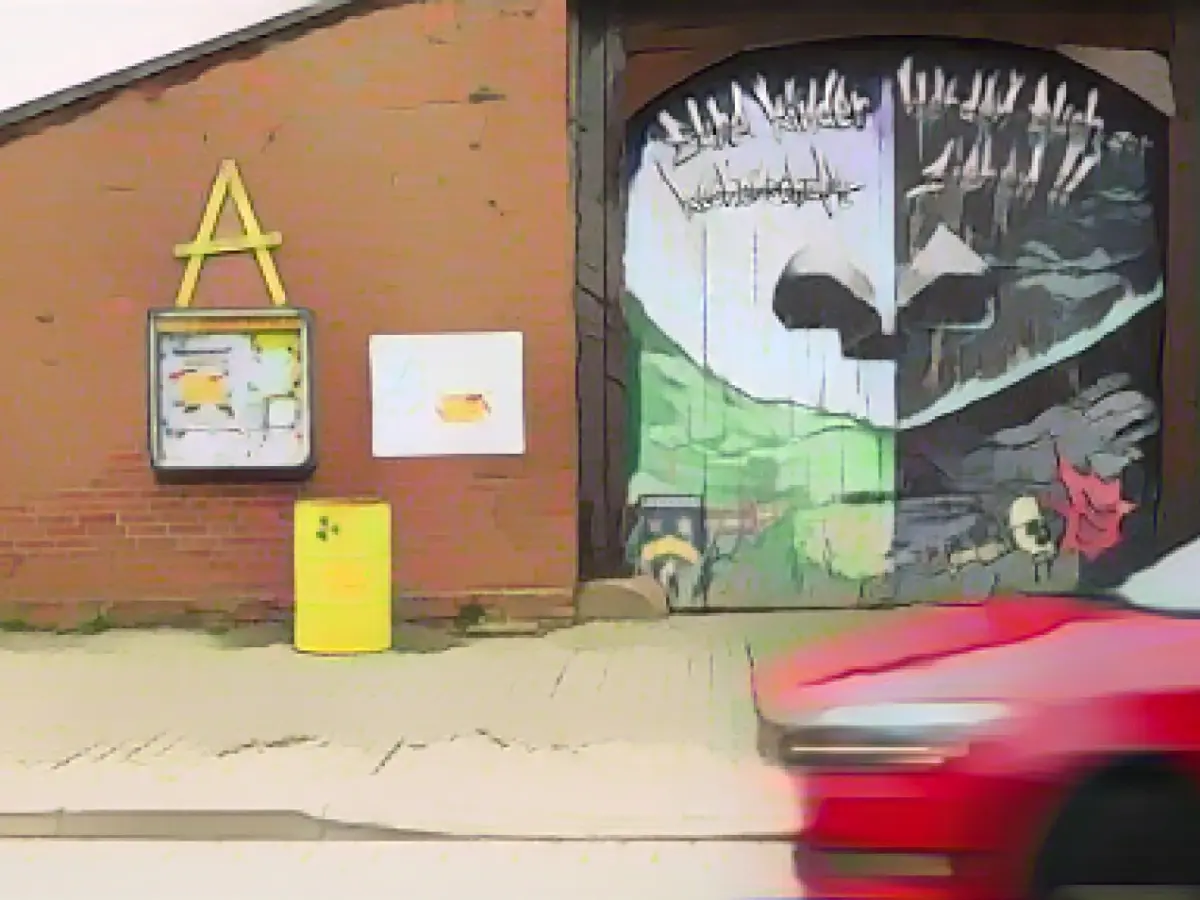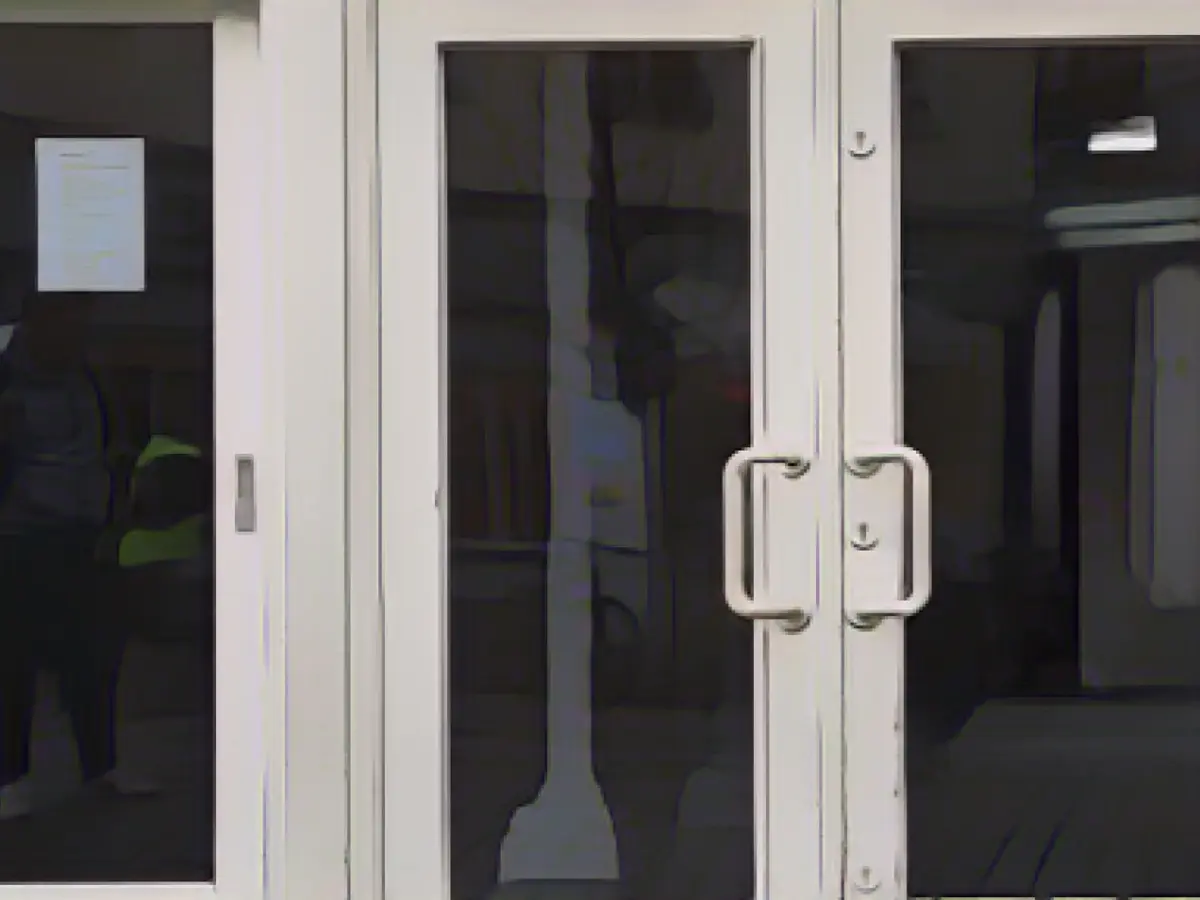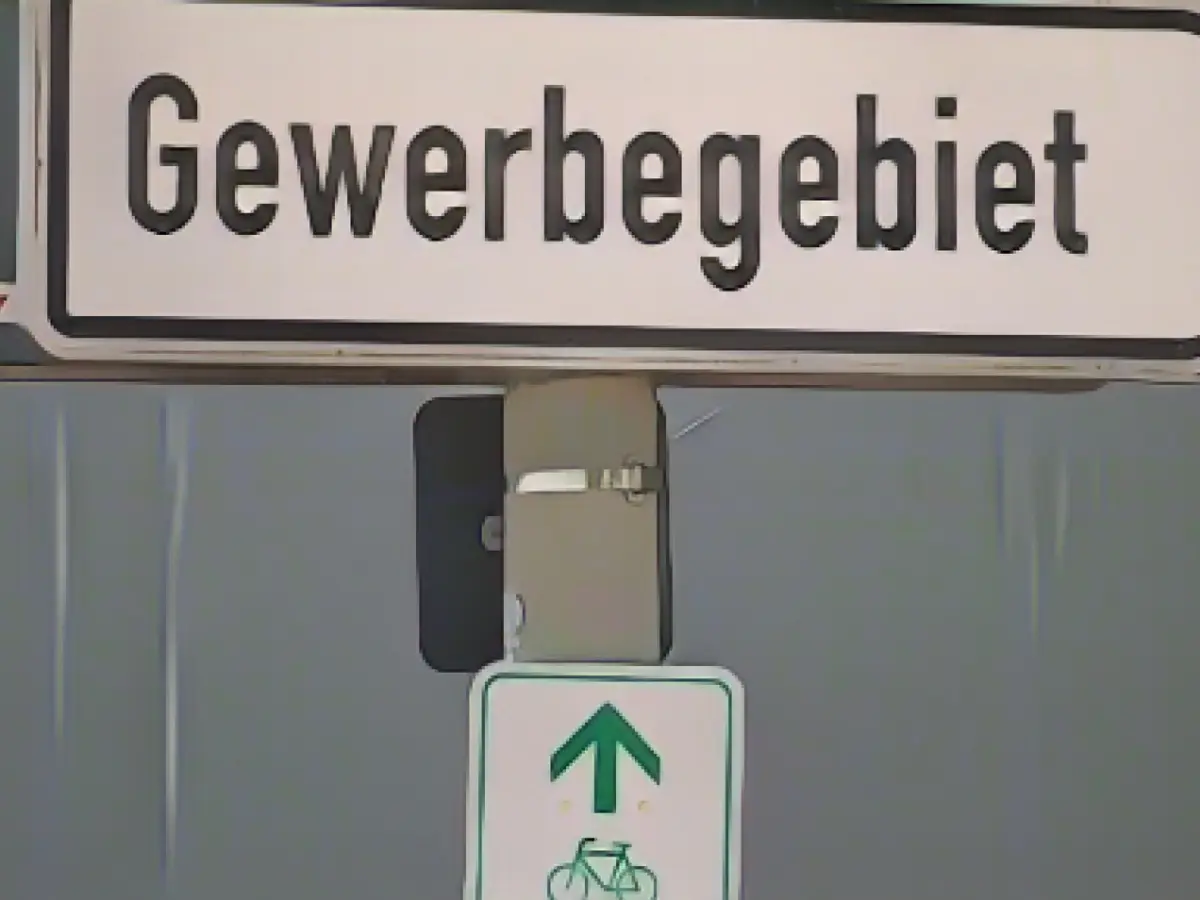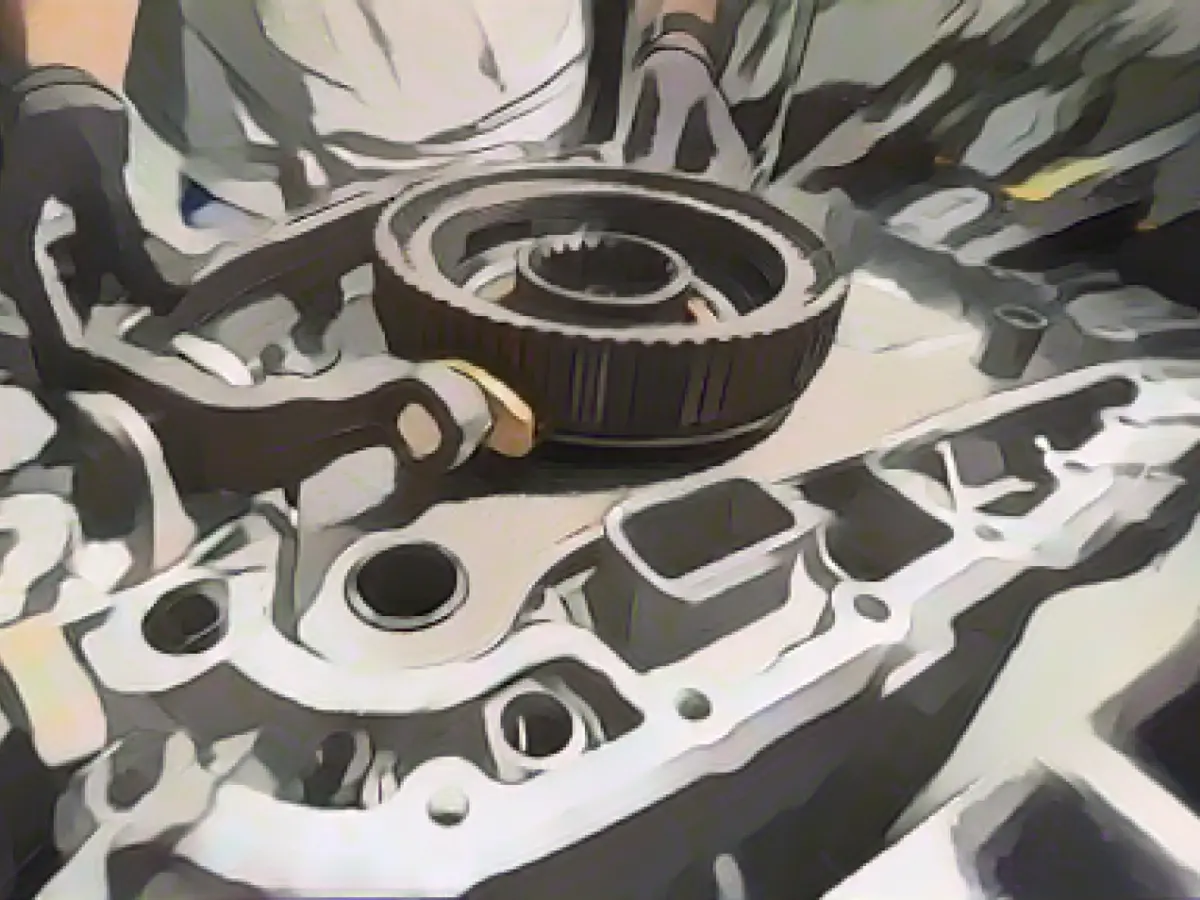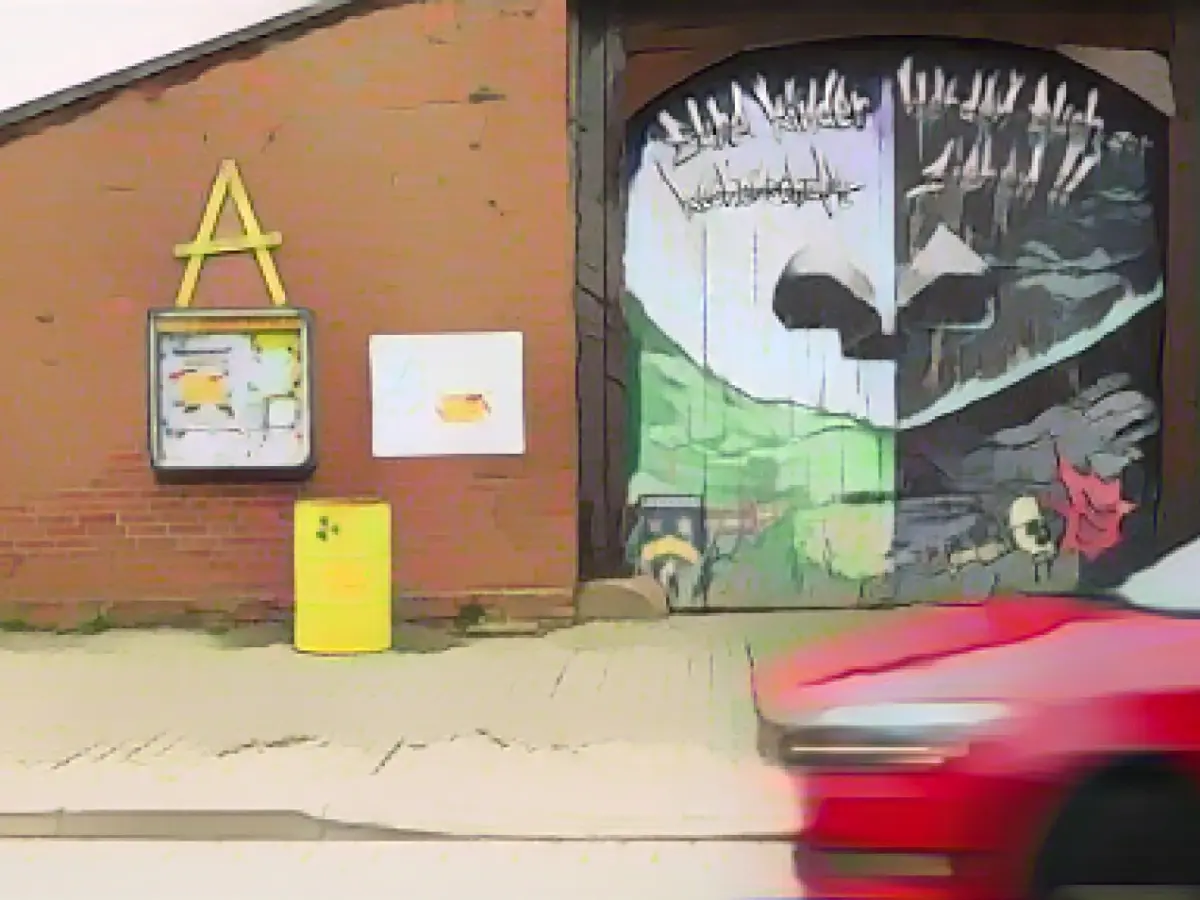Controversial Nuclear Waste Repository's Construction Approval Sparks Controversy
For now, the contentious nuclear waste repository at Shaft Konrad in Salzgitter can proceed with its construction. The demands for withdrawing or revoking the plans and ceasing construction activities have been temporarily dismissed. This announcement came from the Lower Saxony Ministry of Environment in Hanover this past Tuesday. The Ministry's Environment Minister, Christian Meyer, attributed this decision to a rigorous legal examination process. "Our stance on the repository remains critical," Meyer stated, emphasizing the continuation of their opposition.
An alliance submitted an application in 2021, seeking to reverse or revoke the planning approval decision. Their concerns centered around the repository's failure to meet current scientific and technological requirements. Vital aspects like retrievability and long-term safety were either overlooked or disregarded entirely. The alliance includes nature conservation organizations, such as Nabu and BUND, the city of Salzgitter, trade union IG Metall, and agricultural group Landvolk, among others.
Shaft Konrad is an abandoned iron ore mine, where up to 303,000 cubic meters of low and medium-level radioactive waste will be stored. The repository marks the first final approval under German nuclear law for this type of waste disposal.
Despite the initial setback, Meyer underscored the need for another repository for low- and intermediate-level radioactive waste. This need stemmed from several factors, including the retrieval of waste from the waterlogged Asse nuclear waste repository and waste generated from dismantling nuclear power plants.
Post the provisional decision, the applicants have eight weeks to submit a response within the hearing period, according to the ministry. The alliance expressed their discontent and promised to consider additional legal steps to challenge the decision.
Additional Insights:
Although the construction of the Shaft Konrad repository has faced no legal impediments thus far, critics continue to voice concern over its feasibility. A rigorous examination of the safety requirements, accompanied by adjustments to ensure they meet the standards of the day, has taken place. External contractors have been commissioned to review the safety-relevant aspects, leading to some alterations but uncovering no fundamental safety flaws.
The mine's thick clay layers serve as natural barriers, preventing the seepage of water, thereby securing the containment of radioactive substances for a considerable duration. The Shaft Konrad project encompasses extensive reconstruction and the installation of necessary infrastructure, such as transport galleries and emplacement areas, at a depth of approximately 850 meters.
[1] Source:
- Despite the ongoing construction, Lower Saxony's Environment Minister Christian Meyer maintains a critical perspective on the repository, citing its shortcomings in meeting contemporary scientific and technical requirements.
- The Federal Ministry for the Environment, Nature Conservation, and Nuclear Safety backs the Shaft Konrad project, recognizing the necessity of a secondary repository for low- and intermediate-level nuclear waste due to the Asse nuclear waste repository's imminent waterlogging and the need to address waste disposal from decommissioned power plants.
- The critics argue that the proposed repository lacks adequate measures for waste retrievability and long-term safety, issues that should have been addressed during planning but were overlooked or disregarded.
- Following the ministry's announcement, the alliance of critics announces their dissatisfaction and plans to investigate potential legal remedies to urge changes in the repository's design and implementation.
- Supporters of the nuclear industry defend the repository, stressing its significance in addressing Germany's nuclear waste management concerns and reducing environmental pollution.
